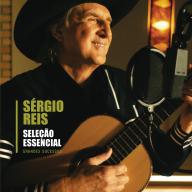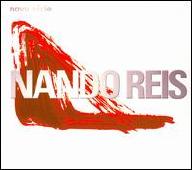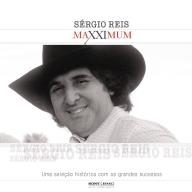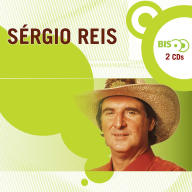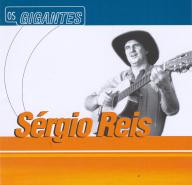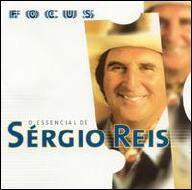Sérgio Reis started working at radio stations and nightclubs when he was 16. Two years later in 1958, Reis recorded his first 78 rpm album, with Enganadora and Será, but nothing happened. In 1967, Jovem Guarda artist Tony Campelo (who was a producer at Odeon's) invited him to record accompanied by the Jet Blacks. The songs were Coração de Papel, Nuvem Branquinha, Fim de Sonho, and Qual a Razão, and they all reached the top of the charts. Promoted as another Jovem Guarda artist, Reis became a regular on the TV shows of that genre, and penned songs for Jerry Adriani, Wanderley Cardoso, Nalva Aguiar, Deni e Dino, Marcos Roberto, and the Golden Boys. In the same year, he won the Chico Viola award for Coração de Papel. But his second album, still based in Jovem Guarda songs, was ignored. It was when he recorded O Menino da Gaita, (his version of the song by Fernando Arbex), a song of melancholic inspiration, that reached first place on the national charts. In subsequent upcountry performances, Reis correctly assessed the commercial potential of the caipira universe, including classics of the genre in his repertory like João de Barro (recorded in 1974 with great success) and Menino da Porteira (Teddy Vieira/Luisinho), one of his biggest hits that was included on his LP, Sérgio Reis, released in 1973. It was when he definitively adopted the neo-sertanejo (a heavily American electric country-influenced music and outfit) style that is still his trademark. ~ Alvaro Neder, Rovi
Sérgio Reis
from Sao Paulo, Brazil
June 23, 1940 (age 85)
Biography
As an urban teenager, Sérgio Reis promoted a peculiar fusion of rootsy "caipira" (hillbilly) music with the influences of Elvis Presley, Paul Anka, and Neil Sedaka. One of the most successful artists in the sertanejo genre, Reis recorded over 40 albums, with 20 gold records, eight platinum, and a diamond one, having sold around 16 million copies. He also worked in major successful films (#O Menino da Porteira, 1976; #Mágoas de Boiadeiro, 1977; and #Filho Adotivo, 1983) and prime-time soap operas (#Paraíso, 1982; #Pantanal, 1990; #Rei do Gado, 1997). His biggest hits were his interpretations of O Menino da Porteira, Rei do Gado (Teddy Vieira), Cabocla Teresa (João Pacífico/Raul Torres), Os Três Boiadeiros, and Cavalo Zaino.
Top Tracks
Albums
Videos
Close


